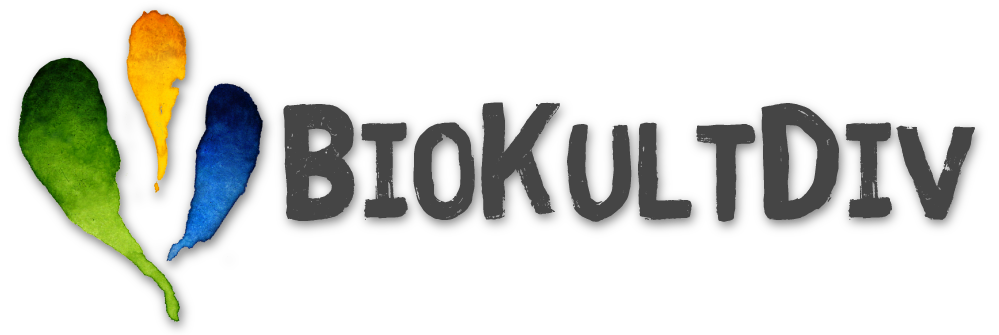Indigenous and local knowledge (ILK) is essential in addressing sustainability challenges. The scientific community now acknowledges that it has done a disservice to indigenous and local communities by neglecting the knowledge it has to offer. ILK can contribute to a better understanding of sustainability challenges and can offer alternative coping mechanisms. This trend is seen around the globe, but because English has become the lingua franca of science, most research written in other languages gets overlooked.
Burke, Díaz-Reviriego, Lam, and Hanspach seek to change that in their review of Spanish literature focused on ILK in biocultural approaches. They reviewed 72 papers in which ‘biocultural” was a focus of the research. Their goal was to explore how ILK is conceptualized and understood within the Spanish literature. As the paper was written in English, this also gives non-Spanish speakers access to highly relevant information regarding ILK found in the Spanish-speaking world.
Most of the papers they reviewed were place-based studies in Latin America, while nearly half of these came solely from Mexico.
The studies found that many authors described the co-evolution of humans and nature as two realms that have influenced each other for millennia. 92% of the papers discussed how ILK can contribute to biocultural approaches to sustainability, while many also spoke of how ILK influences biodiversity conservation and aids in the transformation toward sustainability.
In the 72 papers they reviewed, the authors found commonalities that ILK shares across the board. ILK is liked to specific biocultural contexts; it is experiential and practice-based and is maintained through customary norms. They also found that ILK is primarily assessed within rural communities and only a few studies looked at urban areas.
There are two common ways to bridge the gap between ILK and academic science: cross-fertilization and co-production. Cross-fertilization combines diverse knowledge systems, such as using indigenous knowledge about wildfires to better manage prairie land. Co-production sees different knowledge systems enriching each other and thereby birthing a new type of knowledge altogether.
Several papers under review addressed the challenges that inhibit the bridging of the ILK and scientific knowledge. This is partly due to the continued power difference between ILK and academic science. ILK has yet to attain the same recognition and resources that academic science enjoys.
ILK is also under threat. Because ILK is deeply rooted in local environmental contexts, the destruction of the natural environment simultaneously causes the loss of ILK. Unfortunately, most government policies discriminate against indigenous peoples and local communities and therefore promote neoliberal, economic-growth agendas. ILK is often seen as a barrier to this type of development.
However, we should not assume that ILK always aligns with or supports sustainable development. The idea of sustainable development implies that we must develop to achieve the end goal of sustainability. This goes directly against some ILK traditions, which reject development as the silver bullet to sustainability challenges. In these cases, ILK may be an opportunity to create alternative sustainability pathways that differ from or contradict sustainable development.
Their review showed that ILK is central to biocultural approaches to sustainability in Spanish academic literature. Their results suggest that ILK may offer support for sustainable development or alternative avenues away from sustainability challenges that do not hinge on economic growth.
If you are interested in delving deeper into their findings, click HERE to read the whole paper.
Burke, L., Díaz-Reviriego, I., Lam, D. P., & Hanspach, J. (2023). Indigenous and local knowledge in biocultural approaches to sustainability: a review of the literature in Spanish. Ecosystems and People, 19(1), 2157490.


